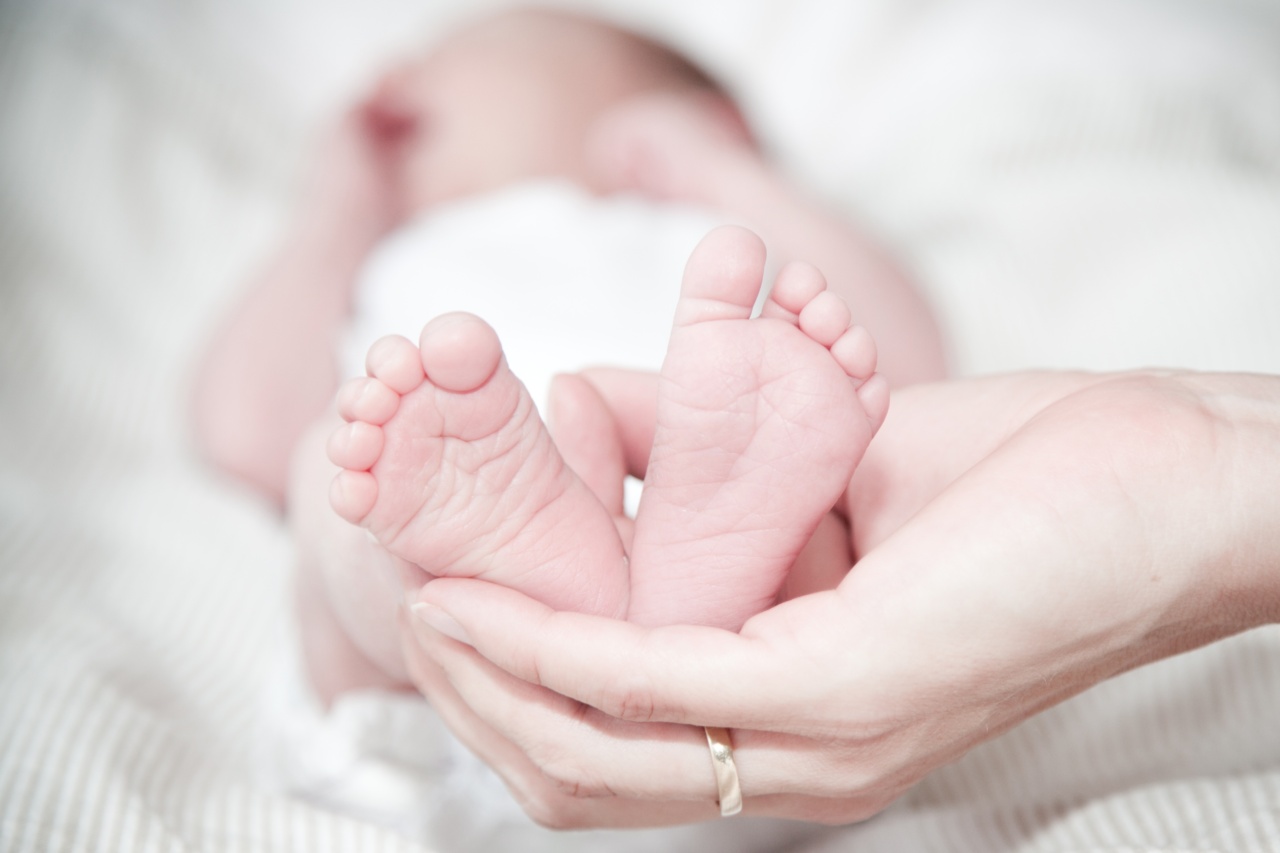For decades, researchers have been studying the effects of birth order on a child’s development and personality. One of the most debated topics is the correlation between birth order and intelligence.
While some studies suggest that first-born children tend to be more intelligent than their younger siblings, others argue that birth order has little to no impact on one’s intellectual ability.
The Theory of Birth Order and Intelligence
The theory of birth order states that the position a child holds in their family affects their personality, behavior, and ultimately their intellectual development.
This theory argues that first-born children benefit from being the only child in the family for a period of time, receiving more attention from their parents and developing a sense of responsibility at an early age.
On the other hand, younger siblings are exposed to more of their older siblings’ experiences and have to compete for attention, leading to less direct attention from parents and potentially stunted intellectual development.
The Evidence for Birth Order and Intelligence
While the theory of birth order and intelligence seems plausible, the evidence is mixed. Some studies suggest that first-born children score higher on IQ tests and have better academic performance than their younger siblings.
For instance, a study conducted by psychologists from the University of Edinburgh found that first-born children tested higher in verbal, reading, and numerical skills than their younger siblings.
However, other studies have found little to no correlation between birth order and intelligence. In a study conducted by researchers from the University of Illinois, birth order had no significant impact on IQ scores.
Similarly, a study conducted by Norwegian scientists found that while first-borns performed better in school, there was no significant difference in IQ scores among siblings.
Why the Evidence is Conflicting
There are several reasons why the evidence on birth order and intelligence is conflicting. For one, there are many other factors that can affect a child’s intellectual development, such as genetics, environment, and parenting style.
Additionally, many studies on birth order rely on self-reported data, which can be biased and unreliable.
Furthermore, birth order studies often fail to account for other factors that can influence a child’s intellectual development.
For instance, first-born children may benefit from more attention and resources from their parents, but they may also experience more pressure and expectations from their parents, leading to stress and anxiety that could negatively impact their intellectual development.
Conclusion
In conclusion, while the theory of birth order and intelligence sounds compelling, the evidence is mixed.
While some studies suggest that first-born children tend to be more intelligent than their younger siblings, others argue that birth order has little to no impact on intelligence. Ultimately, there are many other factors that can influence a child’s intellectual development, and birth order should only be considered as one of many potential factors.





























